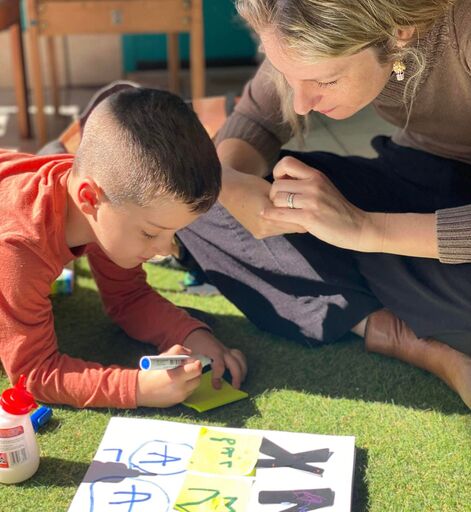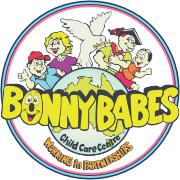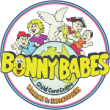
Speech Pathologists – When to seek support & how they can help children
A speech pathologist (you also may have heard the terms speech therapist, speech-language pathologist or SLP) is essentially a communication and swallowing specialist. Speech pathologists have a role in supporting clients with communication and swallowing right from birth, all the way up until aged care, but let’s focus on the early years.
How can a speech pathologist help my child (specifically from birth to kindergarten)?
The role of a speech pathologist can be quite varied, we can support children in a range of areas. Some of the main areas of speech pathology for children from birth to kindergarten include:
- Speech/articulation: perhaps the sounds your child is making are not clear (i.e. substituting sounds, lisp), maybe you/others are having difficulty understanding what your child is saying.
- Language: perhaps your child isn’t putting words together to express their needs at a stage that would be expected for their age; or perhaps they are having difficulty understanding/comprehending what you/others are saying to them.
- Fluency: perhaps your child is stuttering and repeating sounds, words, or phrases when they are talking, which impacts on the flow of their communication.
- Literacy: perhaps your child is having difficulty with early phonological awareness skills (like rhyming, clapping out syllables) that are essential for prep-readiness and eventually learning to read and write.
- Swallowing/eating: perhaps your child is having difficulty swallowing, or they have difficulty incorporating a varied diet (i.e. restricted eating preferences, restricted textures or flavours).
- Social communication: perhaps your child has difficulty with social communication / pragmatic language (i.e. making and maintaining friendships, not picking up on non-verbal cues like body language, facial expression, and tone of voice).
Let’s talk about the difference between ‘speech’ and ‘language’, as they are very commonly used interchangeably, however they are very different! Speech refers to the sounds we produce, how we use our mouth to articulate sounds. Language refers to the whole system of words and symbols (written language, spoken language, gestures, body language), that we use to communicate meaning. Language can also be broken down into two areas: receptive language, which is how we understand/comprehend language, and expressive language, which is what we say and how we say it.
When should I consult a speech pathologist?
Speech Pathology Australia has a wonderful and easy-to-read milestone poster (found below) which outlines what we would expect from children with their speaking and understanding, from 12 months through to 5 years of age. If your child is not meeting their communication milestones, then it would be a good idea to chat to a speech pathologist, to determine if therapy is needed. You could call Speech Pathology Australia (1300 368 835) to get advice, or you can contact a community health centre or private practice for further advice on your child’s specific needs.
In addition to the key communication milestones, if you are worried about how much of your child’s speech is being understood by others, here are some basic guidelines on how much a child’s speech should be understood by unfamiliar listeners (i.e. a new educator, grandma’s friend):
- By 18 months of age – around 25% of a child’s speech should be understood
- By 2 years of age – around 50-75% of a child’s speech should be understood
- By 3 years of age – around 75-100% of a child’s speech should be understood
- By 4 years of age – 100% of a child’s speech should be understood
Trust your gut – if you feel your child isn’t where they should be in any of the areas listed above, reach out and chat to a speech pathologist who can give you strategies and guidance on whether it would be worth starting therapy. Don’t ‘wait and see’ before it’s too late – early intervention is key!
Here at Bonny Babes we have private Speech Pathologists that come to our centres weekly. We also have SPEECH for kids who come in annually and offer free speech screeners for our families. Please see your directors for more information on these services.



